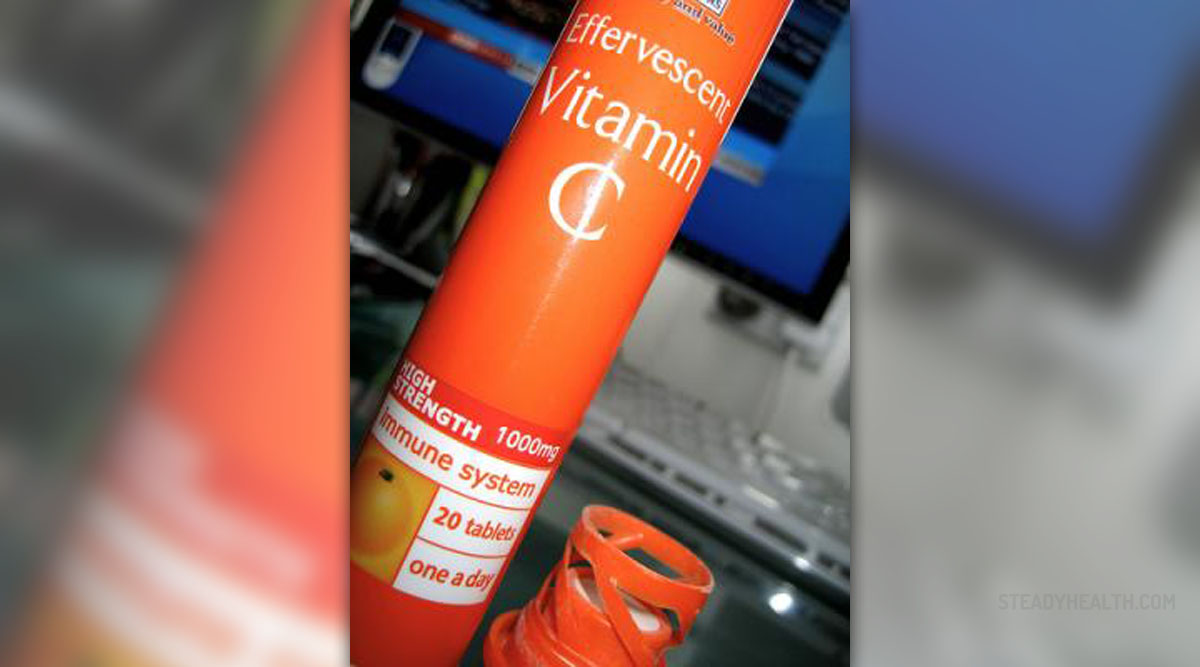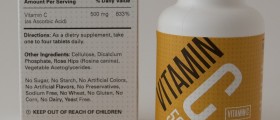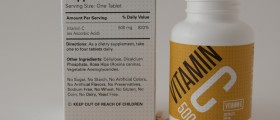
Vitamin poisoning, or overdose on vitamins, reefers to a condition of high storage levels of vitamins, which can lead to toxic symptoms. Toxic effects of vitamins are usually achieved by high supplement intake and in very rare cases from dietary sources. Water soluble vitamins are not stored in the body and they must be replaced every day. They are usually extracted from the body in the form of urine or in the stool. Fat soluble vitamins, on the other hand need to be dissolved in fat before they are absorbed in the blood stream to carry out their functions. Excesses of these vitamins are stored in the liver. Because they are stored, they are not needed every day in the diet.
Vitamin C
Vitamin C, also known as ascorbic acid, is a water-soluble vitamin that is excreted from the body when not needed. This is one of the most important nutrients essential for the production of living cells. The need for vitamin C drastically varies from one person to another, depending on the age, health status and particular needs. Vitamin C has an important protective role in humans’ health by reducing the risk of scurvy, gum disease, various cardiovascular diseases, cancers, joint diseases and cataracts. Vitamin C is a powerful antioxidant able to prevent oxygen-based damage to the living cells.
Toxicity symptoms for vitamin C
Vitamin C toxicity is a rare case as Vitamin C is water soluble. Tolerable daily intake of vitamin C is approximately 2000 milligrams for adult males and females. The kidneys normally excrete excess amounts of this vitamin. However, there is still a chance of vitamin c toxicity and death. Most of the cases of vitamin C overdose are associated with high supplemental doses, involving 5 or more grams of vitamin C.It is estimated that more than 40% of older individuals in the United States take vitamin C supplements. Localized studies suggest that in particular regions of the United States, almost 25% of adult population, regardless of age, takes vitamin C supplements and multivitamins. High supplemental doses of vitamin C are associated with digestive problems such as diarrhea. This occurs because the fluid in the intestine becomes too concentrated. Vitamin C toxicity can also increase the levels of uric acid in the urine. High levels of vitamin C may also increase one’s absorption of iron from plant foods. People that already have health problems related to excess free iron in their cells should avoid taking vitamin C supplements by any cost.
Other side effects of high supplemental doses of vitamin C include headaches, fatigue, disturbed sleep, skin rashes, formation of kidney stones, vomiting and nausea.

















Your thoughts on this
Loading...